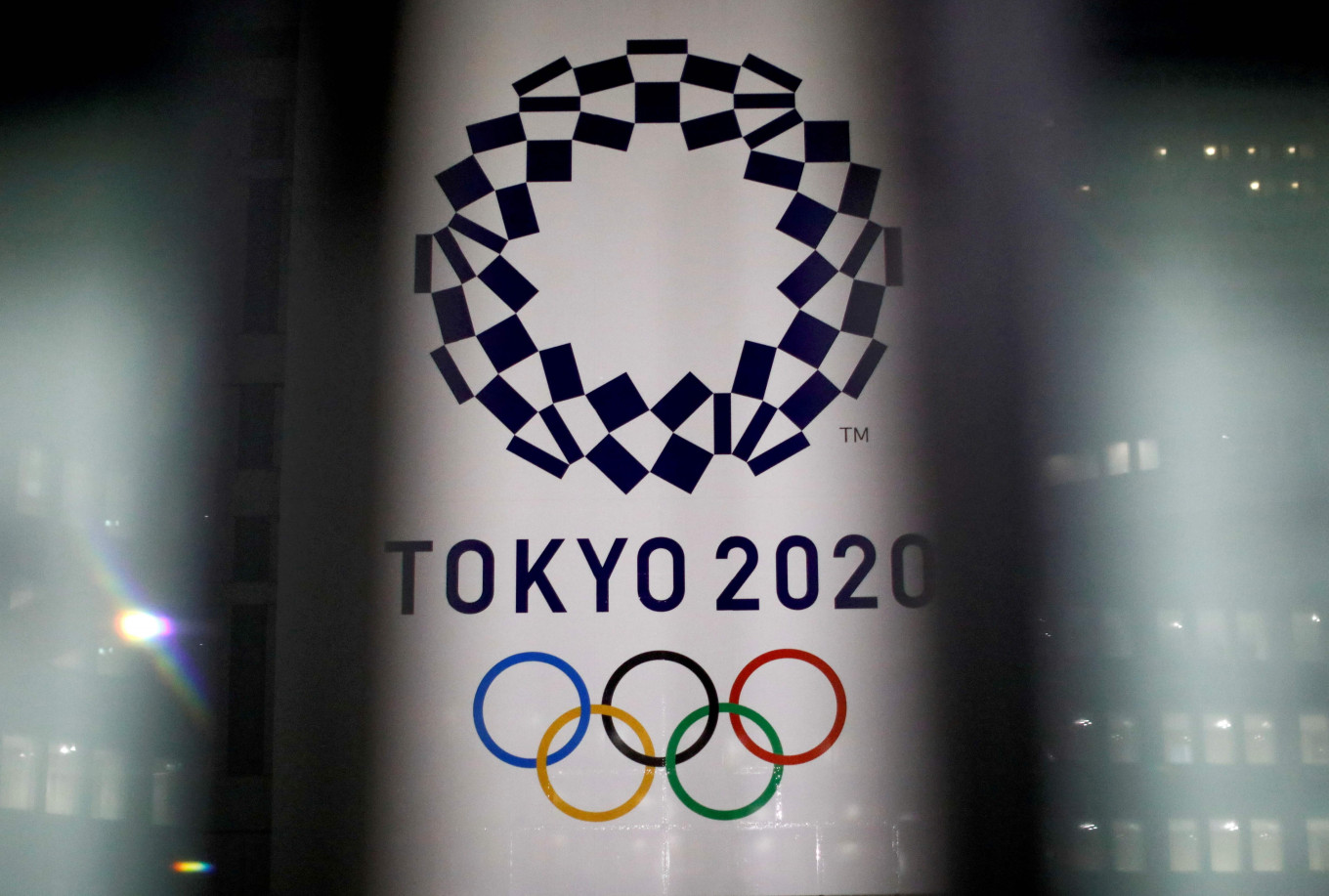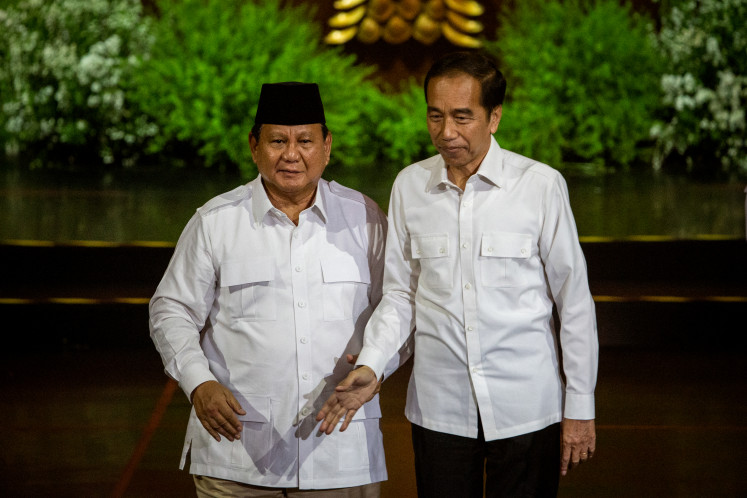Popular Reads
Top Results
Can't find what you're looking for?
View all search resultsPopular Reads
Top Results
Can't find what you're looking for?
View all search resultsA different Olympics
Sportsmen and women will have to compete in empty or half-empty venues, live in bubbles, follow strict hygiene rules, and more than that, their bid to win medals is a risky undertaking, all because of the COVID-19 pandemic.
Change text size
Gift Premium Articles
to Anyone
T
here were mixed feelings of pride and anxiety when on July 8 the government officially sent off 28 athletes who will take part in the upcoming Olympic Games in Tokyo. For sure, it is not the Olympics we dreamed about. The sportsmen and women will have to compete in empty or half-empty venues, live in bubbles, follow strict hygiene rules, and more than that, their bid to win medals is a risky undertaking, all because of the COVID-19 pandemic.
Due to a surge in the number of infections and fears about the spread of the Delta variant, the Japanese government has declared Tokyo under a state of emergency until Aug. 22, covering the 16-day Games, which will open on July 23 and close on Aug. 8. Spectators will be banned from all the 25 sports venues in Tokyo and those in three other prefectures, while in the prefectures of Miyagi, Fukushima and Shizuoka venues will be limited to half-capacity with a maximum of 10,000 spectators, the media has reported.
The Olympics will commence on the heels of the boisterous Euro 2020 soccer tournament, as well as Wimbledon tennis championship in Europe. Stadiums welcomed back mask-less sports fans, although not to their full capacity, which many deemed a symbol of the continent’s victory over the pandemic. Whether Europe celebrated too early we will see.
A few months ago Japanese Prime Minister Yoshihide Suga insisted that the Tokyo Olympics must go on to send “a message of hope and courage”. His government initially allowed local spectators to fill sports venues, until the spike in infections forced it to drop the plan.
For governments, organizing a sporting competition, or other events that involve crowds or physical contact, during a pandemic of a highly contagious disease like COVID-19 raises the moral question about the responsibility to protect people’s lives. Japan delayed the Olympics last year, Europe postponed the soccer extravaganza and many sports organizations canceled tournaments in order to prevent infections and fatalities.
In fact, the controversy about the Tokyo Olympics has not subsided yet. A survey conducted by the Asahi Shimbun newspaper in May found 43 percent wanted a cancelation, with 40 percent asking for another delay of the Olympics. A prominent doctors association in Tokyo also opposed the hosting of the Games for health reasons.
One of the lingering concerns about the Tokyo Olympics is Japan’s relatively low vaccination rate compared with other developed countries. Three weeks prior to the Olympics opening ceremony, Japan had inoculated just over 8 percent of its population as against 45 percent in the United States and 46 percent in the United Kingdom. Unsurprisingly, big names in tennis like Rafael Nadal and Denis Shapovalov and other sports stars have pulled out of the Olympics.
The Olympics organizers have announced that one athlete who arrived from abroad and another person involved in organizing the event has been infected. Although this number looks insignificant compared with 11,000 participating athletes, the organizers have had to step up measures to keep everybody protected.
Our prayers go to the 28-strong national team who will fight it out to maintain Indonesia’s medal-winning streak in the Olympics. We certainly expect them to bring home gold, silver or bronze medals, but more importantly we want them to arrive back healthy and safely.










